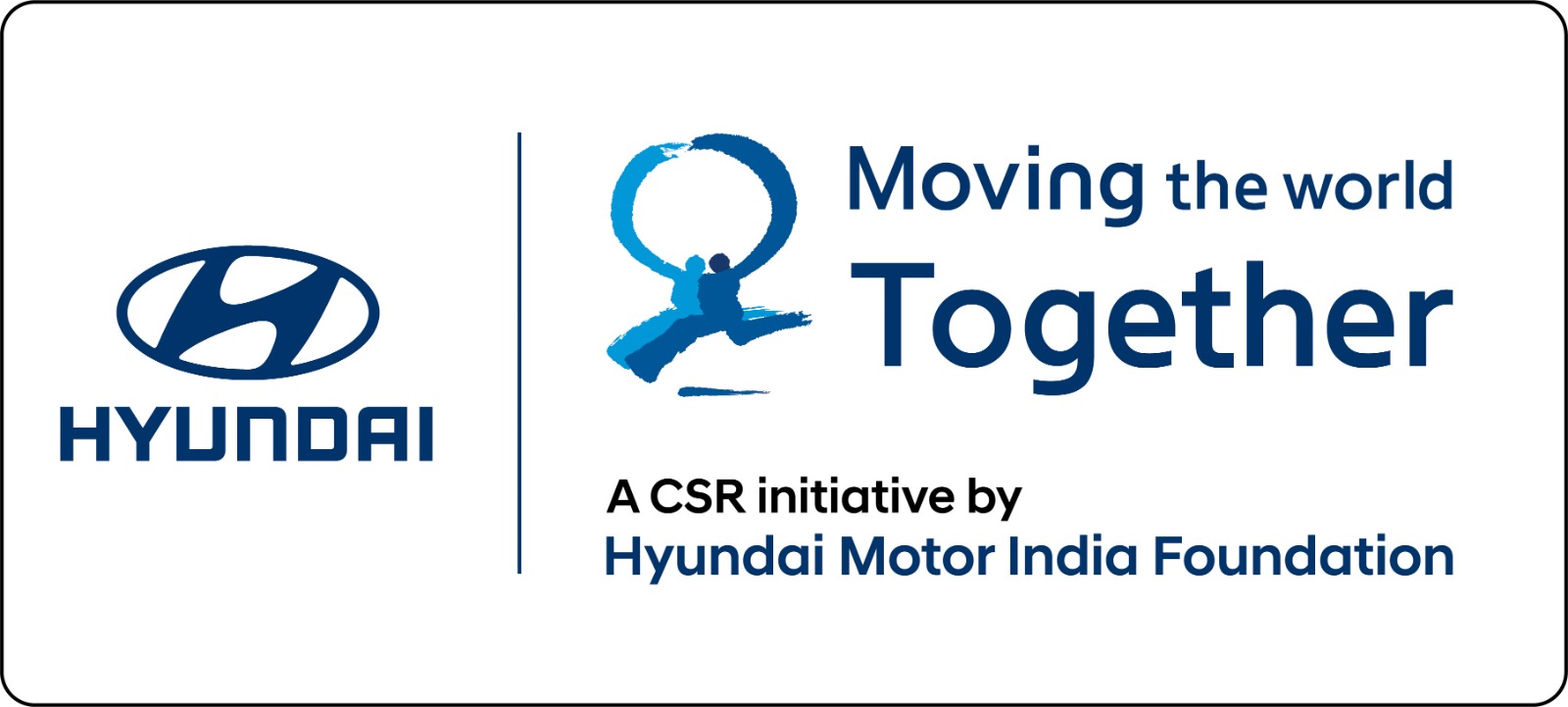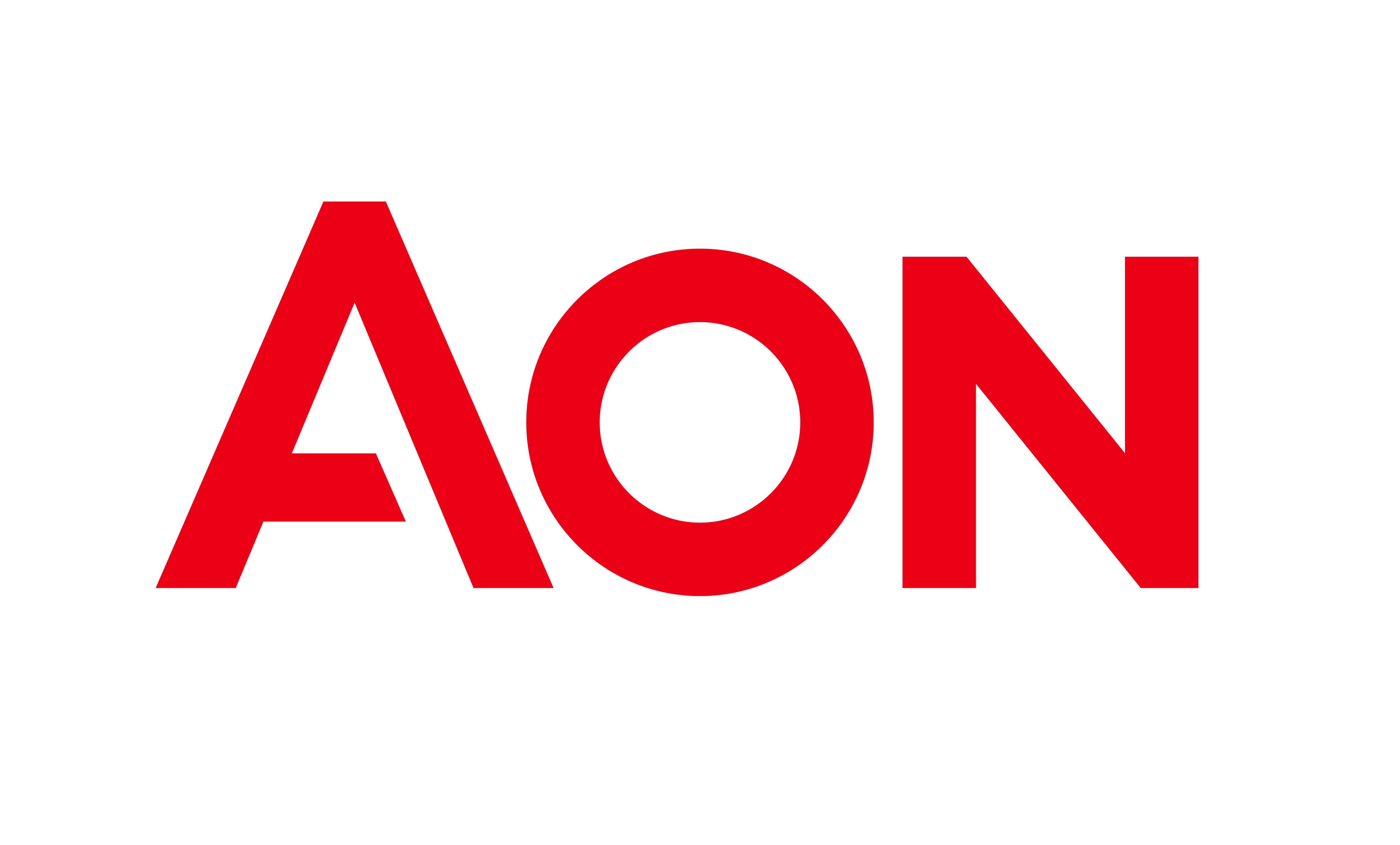India loses lakhs of children to diarrhea, abortion, miscarriages and other diseases. Sanitation facilities or the lack of it, account for the maximum number of deaths in our country.
With our Prime Minister announcing a ‘cleanliness Drive’ through “Swacch Bharat Abhiyan”, the focus has shifted to ‘cleanliness’ in a big way for the first time. I strongly feel this is the first genuine effort by the Government of India to address this critical problem.
We have a mammoth task at hand – with access to toilets still an alien notion to nearly 70 % of the rural population, the onus to ensure a ‘Swachh’ India lies not only with government, but also with the private companies and individuals.
OneStage on its part has launched an ambitious program – Right To Sanitation (RTS), which brings to light, the vulnerability rooted deeply with the cause of sanitation. The campaign will foresee construction of toilets and overall capacity to sustain the constructed facilities. We hope to create an enabling environment for improved sanitation infrastructure and ensure hygiene education in schools and households across India. OneStage has pledged to build toilets in 2000 schools and 20000 households across India.
According to the census of 2011, 53.1% of the households in India do not have a toilet with the percentage being as high as 69.3% in rural areas. Almost 50% of the population still defecates in the open with no toilet in their homes or access to clean drinking water at home. Poor sanitation has remained a cause for diarrhoeal deaths, deadly malaria fever and ailing and dying young children in the country.
Mahatma Gandhi put it aptly when he wrote in 1925, “I learnt 35 years ago that a lavatory must be as clean as a drawing room. I learnt this in the West. I believe that many rules about cleanliness in lavatories are observed more scrupulously in the West than in the East.”
Various campaigns have been run at various stages and occupied media space but none has hit the home run so far. PM Modi has given himself and the country 5 years to improve the situation situation in India. We have till 2nd Oct, 2019 to gift ourselves a ‘Swachh India’.
For this to materialize, there has to be concrete results on the ground that impacts the realities in the villages in India. Equally crucial to a Swachh Bharat are access to piped water, well-functioning drainage, sewage and solid waste management in all cities and villages.
It will require working at break neck speed to build toilets, financing the mammoth proposition and sincere efforts to educate those not using toilets, to actually use them.The need for behavioral change is of utmost importance. Indeed, taking the campaign to its logical conclusion would require a holistic approach of the 3A’s – Aspire, Act and Achieve.
Aspire for the need to change, Act on that need and Achieve what was aspired for.
Presently I am working on various sanitation programs with the Government of India, UN agencies and multinationals. I strongly recommend that we have a strategic well defined implementation mechanism.
The 3- step approach to achieve the objective should be 1) To build functional toilets in identified villages and schools 2) Create awareness on use of toilets & other hygiene practices and 3) Create campaigns centered on changing & educating the mind set about sanitation.
The objectives should be clearly laid down before the implementation of the program – it should centre around generating awareness among communities on the significance of using toilets and adopting WASH practices, increase access to improved water and sanitation facilities (portable drinking water and toilets etc.), facilitate constructive action by multiple stakeholders (panchayat, communities, local authorities, schools, corporate, civil society etc.) to ensure program sustainability and impact on the issues of water, sanitation and hygiene (WASH).
A well defined program strategy should be adhered to while implementing this project pan India. The approach should be on developing a holistic model which emphasizes on the construction of toilets not as an end to the problem, but rather viewing it as a means to address the larger issues of education, health, hygiene, dignity and gender equality.
If the Swachh Bharat Abhiyan mission is to succeed and be meaningful, the onus will be on all of us to take this forward alongwith ‘India’. Only then will our nation be called ‘Swachh India’.
Rome wasn’t built in a day and toilets won’t mushroom across India in a day, too. Our PM couldn’t have put it better when he announced ‘Clean India is the responsibility of 1.25 billion Indians.’ Absolutely, no one would contest that !
There is a need to be optimistic and believe – Yes We Can !
Search
Categories
Recent Posts
- A brief visit to a project site in Gurugram
- How was OneStage born?
- ‘The plight of people moved me, and the heroic efforts of frontline workers inspired me to support COVID Relief work’
- 7 ways to take care of your Mental Health during the pandemic
- 5 things you must keep in mind before forwarding information on COVID












.png)

.png)

